Baseball History Comes Alive Now Ranked #2 by Feedspot Among All Internet Baseball History Websites and Blogs!
Guest Submissions from Our Readers Always Welcome!
Subscribe to Baseball History Comes Alive! for automatic updates (sign-up block found in right side-bar)
As a Free Bonus for subscribing, you’ll get instant access to my two Special Reports: Memorable World Series Moments and Gary’s Handy Dandy World Series Reference Guide!
Buck Weaver Photo Gallery
Click on any image below to see photos in full size and to start Photo Gallery:
Was Buck Weaver Treated Fairly by Judge Landis?
With the 2019 World Series just around the corner, here’s one more look at the 1919 Black Sox scandal, this time turning the spotlight on Buck Weaver and asking the question whether he received just punishment.
“Buck Weaver simply loved to play ball. Why he’s got a smile on his face all the time, no matter what is happening. Buck is just as much a kid today as he was when he first came to the White Sox in 1912. Weaver never gives up.” -Kid Gleason
If there is a case to be made for reinstatement of any of the “Eight Men Out” banned for life by Judge Landis in the aftermath of the 1919 Black Sox scandal, it would be for Buck Weaver. Certainly much can be said for Shoeless Joe Jackson who played flawlessly in the field and led all batters with a .375 average. But unfortunately for Jackson, his grand jury statement, reported as a “confession,” and his acceptance of tainted money—whatever innocent explanations there might be—forever made his later claims of innocence ring hollow. They are difficult hurdles for even his most ardent supporters to overcome.
In the case of Buck Weaver, there are no such obstacles. There was no confession, no acceptance of money. In addition, none of the “Seven Suspicious Plays” recorded by sportswriter Hugh Fullerton involved Weaver. There has never been any suggestion that he gave less than one hundred percent the entire Series, hitting .324 (11-43), and fielding flawlessly. His play was so solid and inspirational that it prompted this appraisal from Cincinnati sportswriter Ross Tenney, hardly an unbiased observer, shortly after the Series ended:
“Though they are hopeless and heartless, the White Sox have a hero. He is George Weaver, who plays and fights at third base. Day after day Weaver has done his work and smiled. In spite of the certain fate that closed about the hopes of the Sox, Weaver smiled and scrapped. One by one his mates gave up. Weaver continued to grin and fought harder….Weaver’s smile never faded. His spirit never waned….The Reds have beaten the spirit out of the Sox all but Weaver. Buck’s spirit is untouched. He was ready to die fighting. Buck is Chicago’s one big hero; long may he fight and smile.”
So just why was Buck banned? As the conventional wisdom tells us, Buck apparently either sat in on one or two early meetings where the conspiracy was first hatched; or at some point was informed of the plan. But he never consented to it, never agreed to participate, and only possessed “guilty knowledge,” in the famous words of Judge Landis.
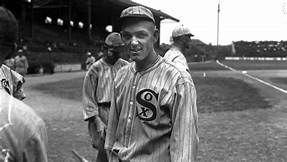
Put simply, he declined to squeal on his teammates. Perhaps this decision can be most easily explained by the fact he was apparently threatened with physical violence by Gandil and Risberg if he talked, two guys the 5’11”, 170 pound Weaver understandably didn’t want to cross.
For keeping quiet, Buck was lumped in with the others and received the same one-size-fits-all lifetime ban from Landis. Was he the only one who had prior inklings of a fix? That seems hard to believe, but he became a convenient scapegoat. Gene Carney makes the following point:
“Landis, by keeping the focus on a minimum number of players [including Weaver], was doing exactly what the owners (especially Comiskey, who had a large hand in hiring Landis) wanted. Baseball’s image would suffer no more than it had already. Management’s role, baseball’s role in covering up the ties between the sport and gambling, was not to be explored.”
Sportswriter Hugh Fullerton, who did more than anyone to break the story, once stated that “not fewer than a hundred ballplayers had information that something was doing when the Series started.”
Here’s what Buck had to say about his so-called “guilty knowledge”:
“The only doubt in my mind, was whether I should keep quiet about it or tell Mr. Comiskey. I was not certain just what men, if any, had received propositions or whether they had accepted. I couldn’t bring myself to tell on them even had I known for certain. I decided to keep quiet and play my best.”
This nicely makes my point that there were different levels of involvement in this sordid affair. Should Weaver have received the same sentence as those who actively conspired with gamblers to throw the Series, took money, and may have thrown games? I hardly think so, and neither did many others. From our vantage point one hundred years later, it seems that a suspension, possibly for a year, would have been a more appropriate sentence.
Fixer Abe Attell always maintained Weaver was guiltless, and once tried to persuade Landis to reinstate him. “The kid didn’t get a dime out of it, and he didn’t know what was going on, either.” Writer Damon Runyon once interceded with Landis on Buck’s behalf, but was rebuffed with the same “guilty knowledge” assertion.
Here’s other observations:
Nelson Algren: “The verdict we once applauded as one of Olympian sagacity was nothing more, it has become plain, than a legal mugging by an enraptured Puritan. Weaver is punished ruthlessly while the silence of Comiskey with equal knowledge of corruption, deserved only praise.”
James T. Farrell: “The two players I have sympathy for are Weaver and Joe Jackson. They were brought up in an environment where you were not supposed to squeal. What could they have done?”
Buck Weaver applied for reinstatement six times before his death in Chicago on January 31, 1956, at age 65. He was the third of the banned Black Sox to pass away, following Joe Jackson in 1951 and Fred McMullin in 1952. One notable but failed attempt occurred in the wake of the Tris Speaker/Ty Cobb betting scandal. Later in life, Weaver contacted a New York attorney who claimed he could get him reinstated. Buck sent him his legal papers but they were never returned and their whereabouts are unknown to this day.
In Burying the Black Sox, Gene Carney summarizes the plight of Buck Weaver, citing one of the saddest of baseball documents, which is on display at the National Baseball Museum in Cooperstown—a letter from Buck Weaver to Commissioner Ford Frick in 1953:
“At age sixty-three, (he would die three years later), Buck was still trying to clear his name with Major League Baseball. He insisted that he ‘knew nothing’ and ‘played a perfect Series.’ When he sued his team, after he was banned from baseball, contending that he deserved the pay for the last year of his contact (1921), he won, which proved in Buck’s view that he was right and Comiskey was wrong.”
Chicago Tribune columnist Mike Downey wrote a column in 2005 calling for Weaver’s reinstatement. He cited catcher Ray Schalk’s insistence that there were actually only seven players involved, excluding Buck. In recent years, several members of Weaver’s family, including nieces Pat Anderson and Marjorie Follet took up the case for their uncle’s reinstatement. They made unsuccessful appeals to then-commissioner Bud Selig. Both have since passed away.
The torch has fallen to a new generation of the Weaver family, grand-nieces Debra Ebert and Sandy Schley. Both appeared at a recent symposium on the Black Sox scandal sponsored by the Chicago chapter of the Society for American Baseball Research (SABR).
To answer my original question: Was Buck Weaver treated fairly by Judge Landis? Sadly, I have to conclude the answer is no. Let’s hope a future commissioner will see the harm done to the reputation of this fine ballplayer and correct an egregious injustice.
Shop MLB.com. The Official Online Shop of Major League Baseball.
Gary Livacari
Photo Credits: All from Google search
Information: Source information from Burying the Black Sox
Do you have a writing project in mind and need an editor? I’m a professional freelance writer, proofreader, and copy editor. Contact me: Livac2@aol.com.
Check out my two books, both now available on Amazon in e-book and paperback: “Paul Pryor in His Own Words: The Life and Times of a 20-Year Major League Umpire”and “Memorable World Series Moments.” All profits go to the Illinois Veterans Foundation.
We are a participant in the Amazon Services LLC Associates Program, an affiliate advertising program designed to provide a means for us to earn fees by linking to Amazon.com and affiliated sites. Click here to view Amazon’s privacy policy
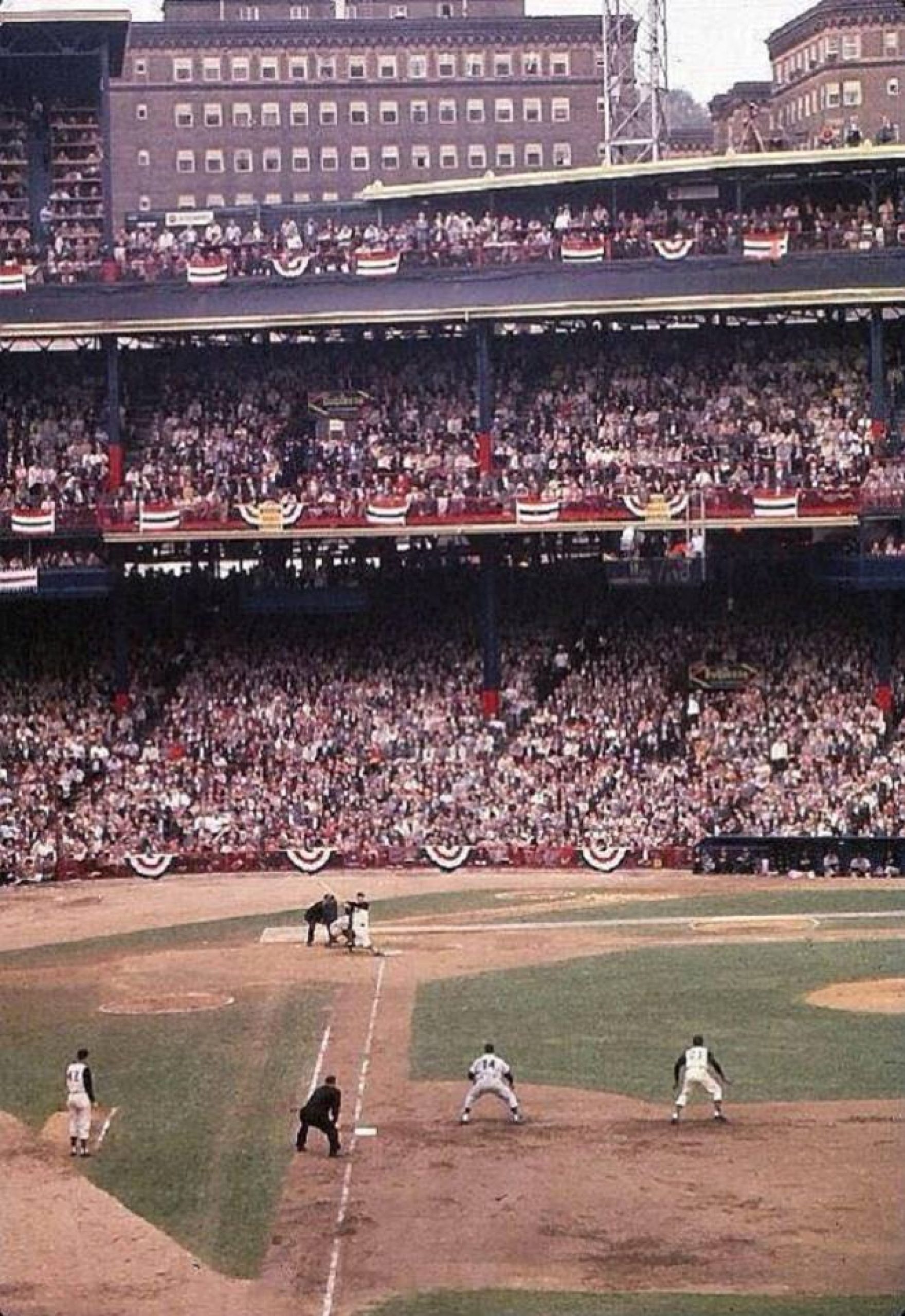
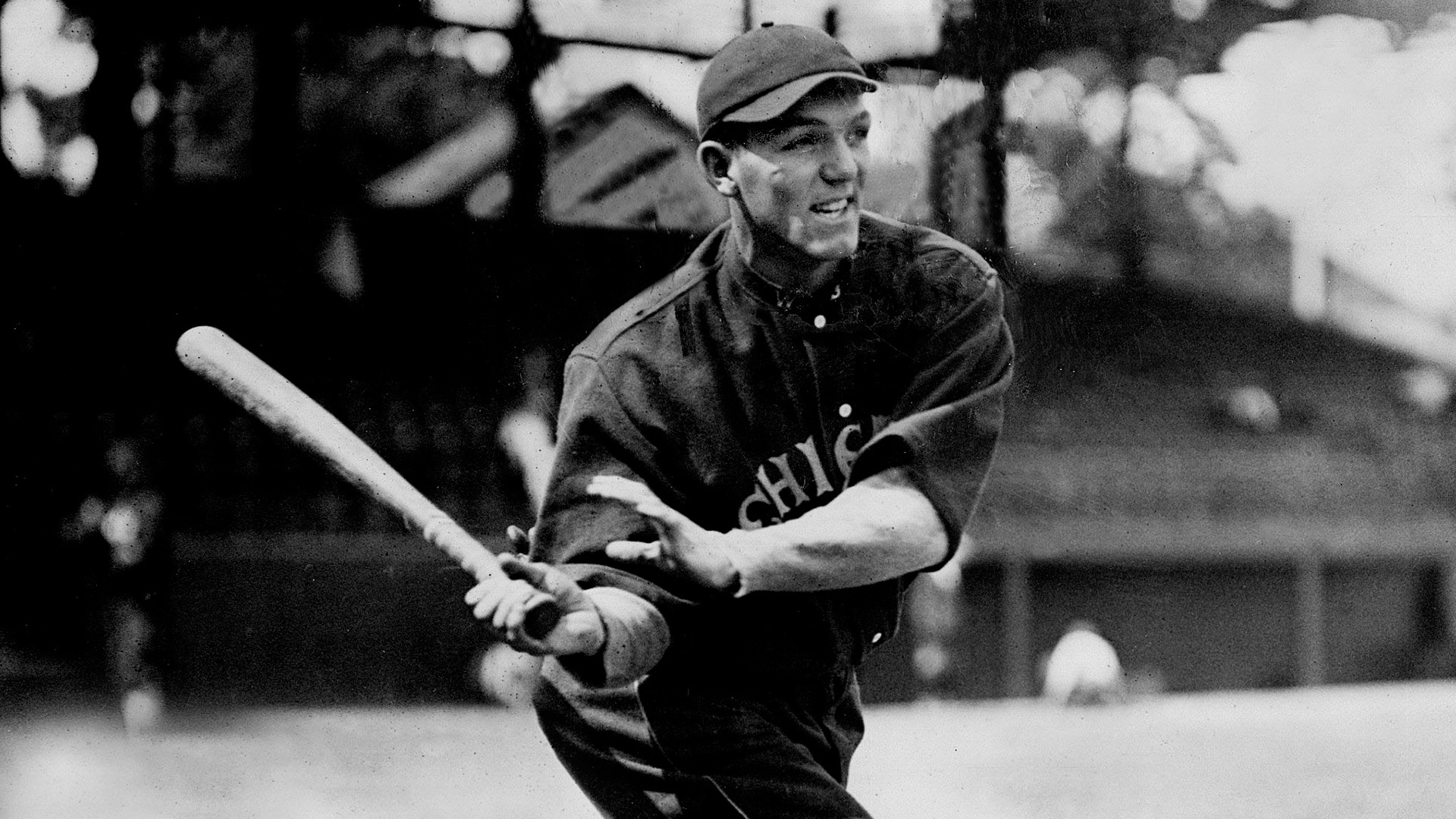
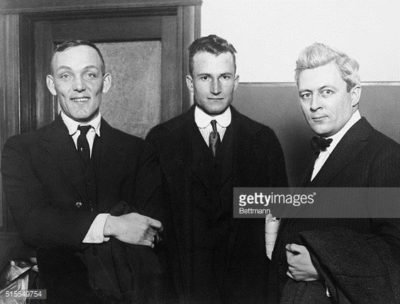
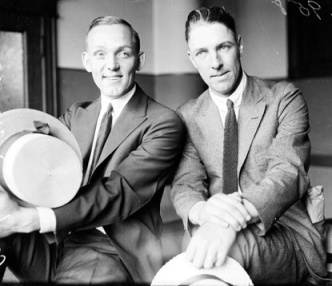
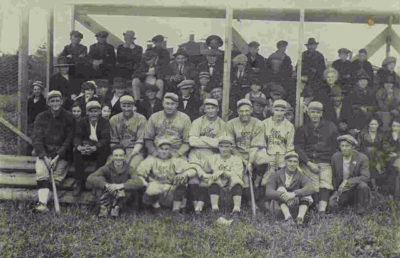
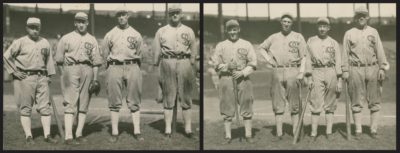
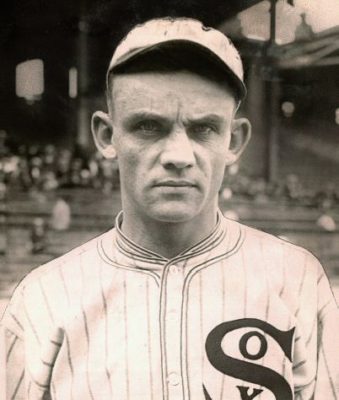
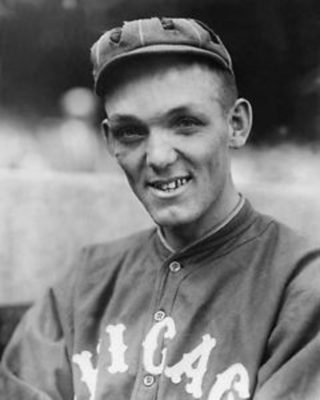
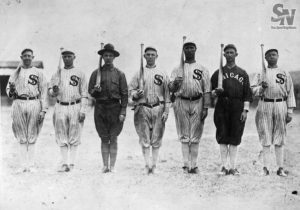
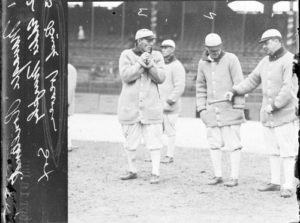
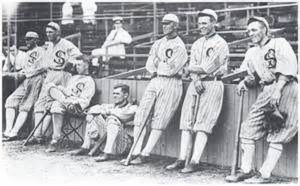
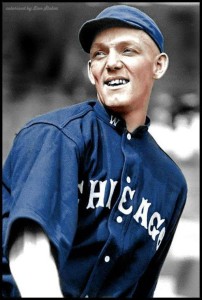
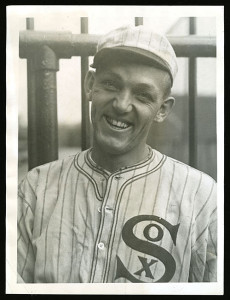
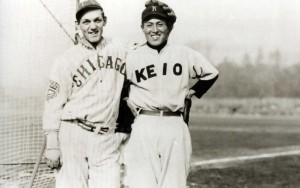
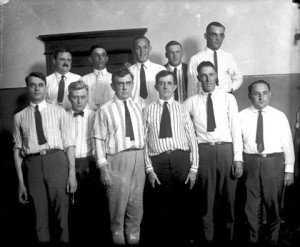
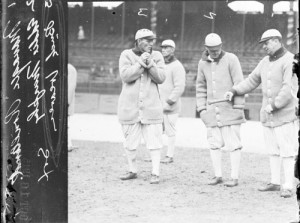
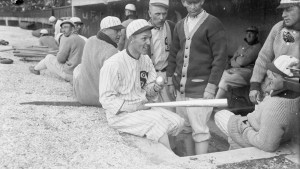
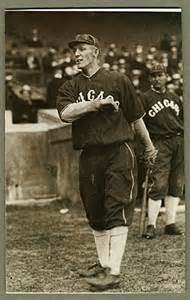
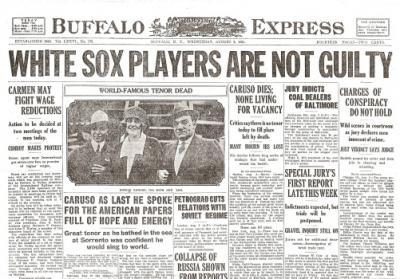
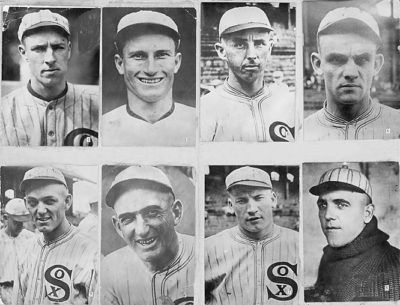
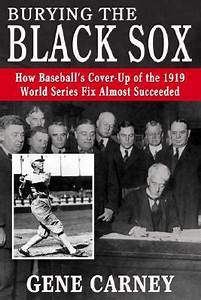
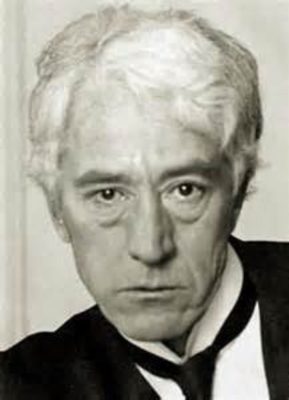
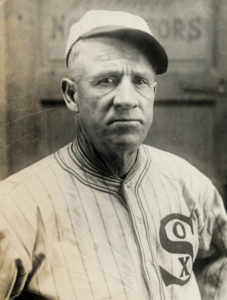
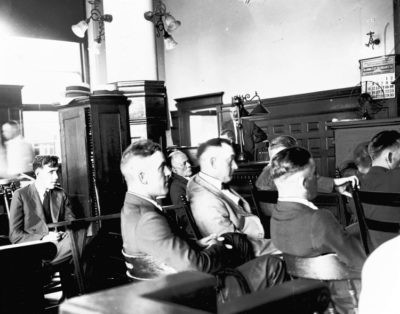
Baseball rules banned “conspiring” to throw games.
Weaver’s silence furthered the conspiracy.
Landis was justified in his ruling.
Plus, contemporary newspaper reports have it that Weaver was no innocent, but that he named too high a price ($20,000) for gamethrowing and refused to go along when the gamblers refused to pay him that amount.
Plus, he threw games during the 1920 season.
Thanks for your comment. Do you have a source for the $20,000 allegation? I find it hard to believe that Gene Carney who did extensive research on the 1919 World Series and the Black Sox scandal – more than anyone else – for his book Burying the Black Sox, could have missed that one. There’s no mention of it in his book.
Hi Gary – I have posted elsewhere on FB that I find Buck Weaver a more sympathetic, more ‘tragic’ a character in the whole Black Sox affair than Joe Jackson and for exactly the same reasons you set out in your excellent essay. I hope that with the centenary of Landis’ ban around the corner that Buck Weaver’s ban at least is lifted. Do you think it might be? Do you know if there is a campaign to make this so, is there a petition perhaps? I enjoy your posts on FB as well as your essays – not to mention the photos! Keep you the excellent work!
Marc (Red Sox/Ted Williams fan)
Hi Marc- Thanks for contacting me, and thanks for the kind words. It’s guys like you that make my humble efforts to keep baseball history alive worthwhile! As far as Buck Weaver is concerned, I’m not aware of any active movement to get him reinstated. But now that you mention it, maybe I can start a campaign on his behalf, similar to what I’m trying to do with Gil Hodges for the HOF. Please keep in touch, and if you have any more ideas on this subject, please send my way. Best, Gary
Thanks for your reply, Gary. If you do start a campaign or poll I will certainly add my name to those who feel Buck Weaver deserves a pardon and reinstatement. Best regards, Marc
I don’t know whether, or how much, Weaver was involved in throwing the ’19 series. But, upon seeing photos of him, I was startled at how much my brother’s first wife resembled him…except she is about 75 pounds heavier.
Now that’s interesting…I’d like to see a picture of her!
I’ve searched for the information on Weaver throwing games on n 1920 online for years having heard it on another site. This is only the second mention of it I found. The 20,000 figure is also interesting. I always wondered if there was secondary reasons for the banning of Weaver and Jackson. Throwing games was not a rare thing in those days.
Thanks for the comment Robert. As I mentioned to that Bruce Allerdice guy who made those allegations, that fact that the late Gene Carney (who I met with and became friends with) did not uncover any such evidence of Allerdice’s accusations, I wouldn’t put any stock in it. Gene’s book, Burying the Black Sox, was incredibly well researched and documented with hundreds of citations and footnotes. If Gene didn’t uncover any thing of that nature, I doubt they have any validity. I thing I remember something of those notions about Weaver in the book Hoopla, which had no footnotes or sources at all. And of course, much of Eight Men Out was completely unfounded.